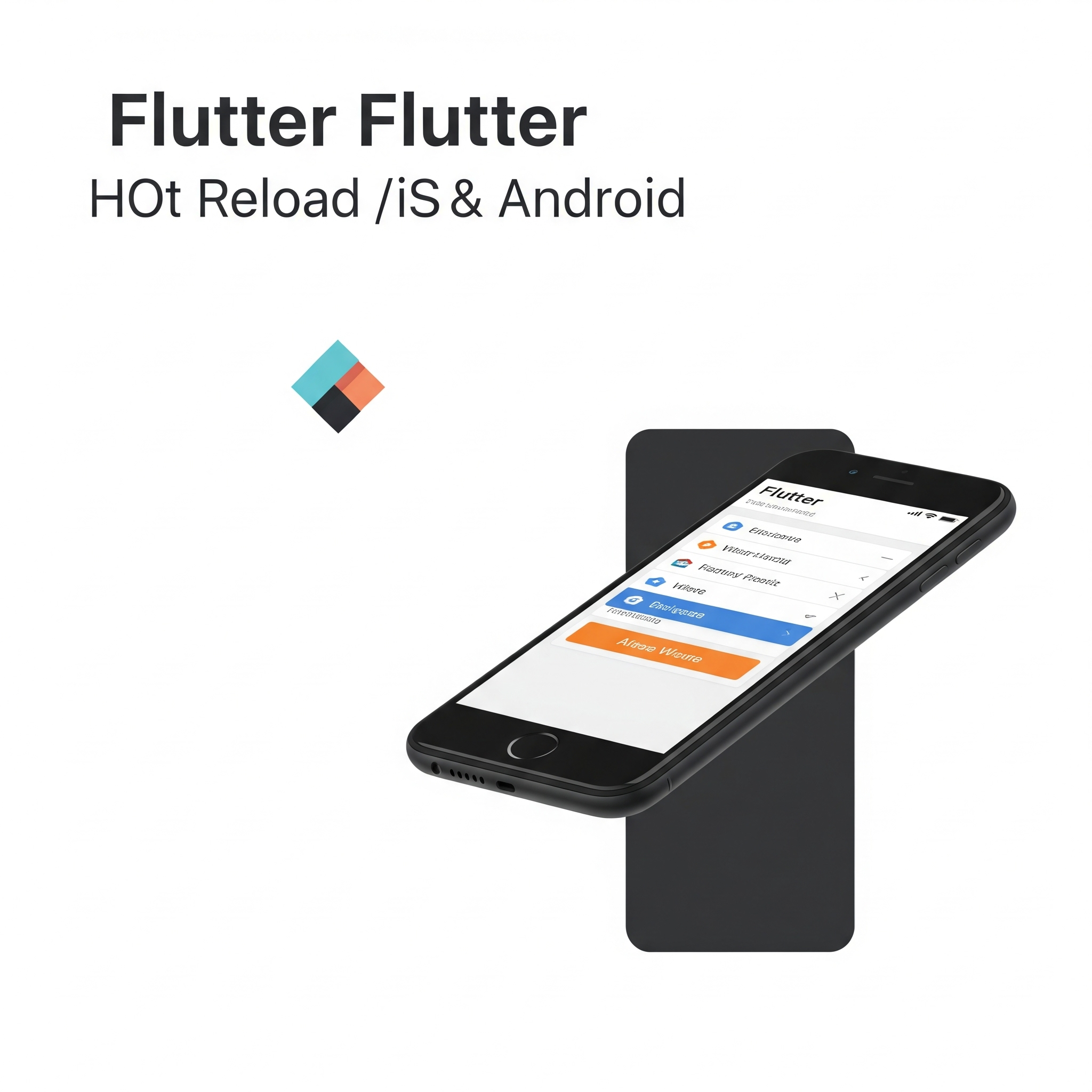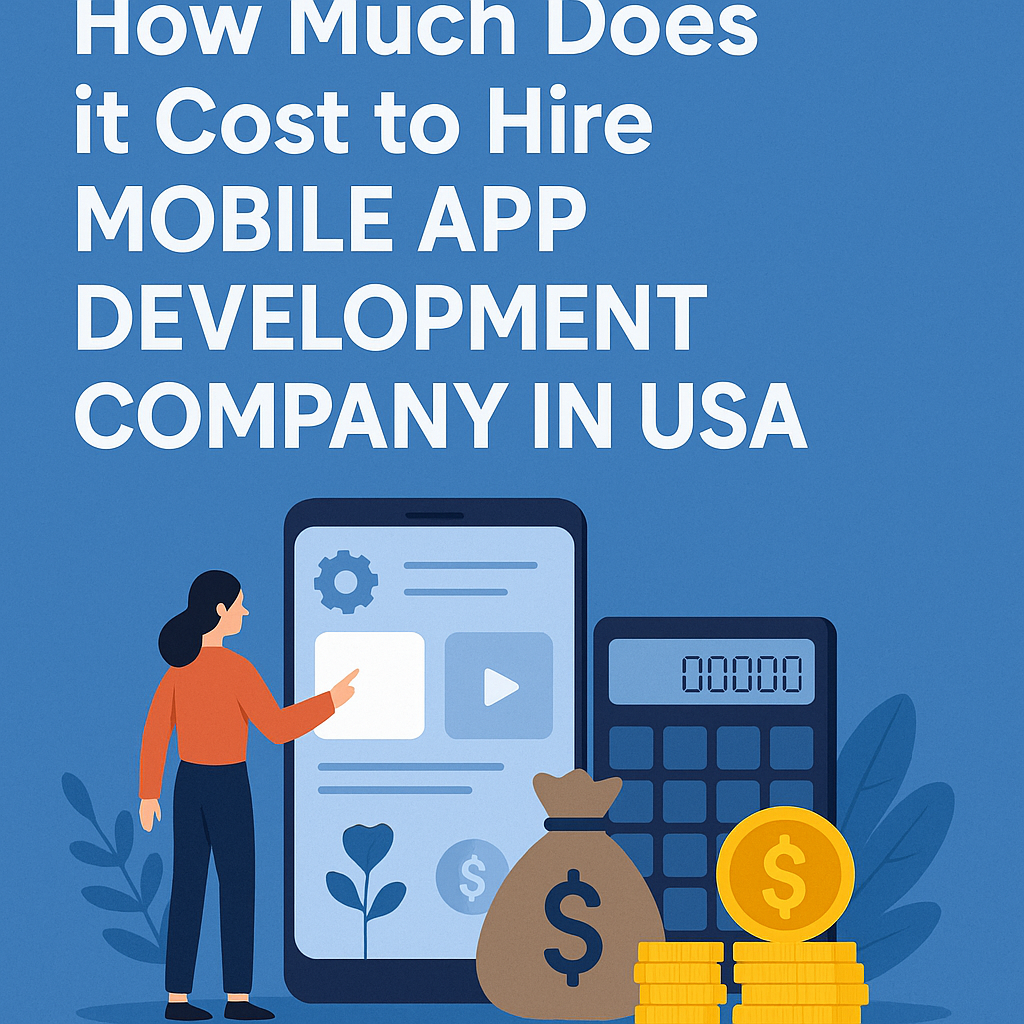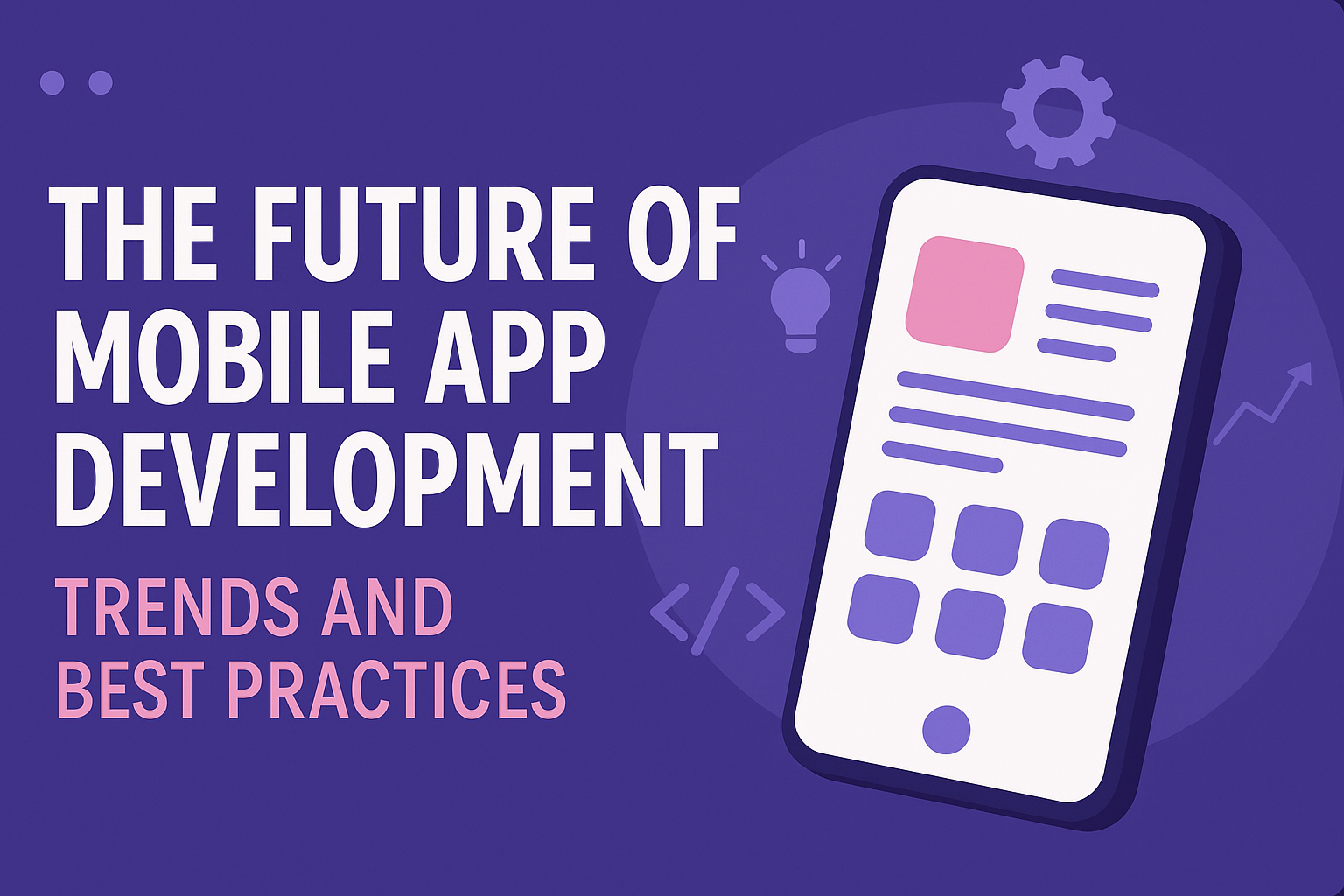Is Flutter the Right Choice for iOS App Development?

In today’s fast-paced world of mobile app development, the framework you choose can play a big role in your project's success. Flutter has quickly become a powerful and popular option, especially for iOS app development. In this blog, we’ll explore whether Flutter is the right choice for building iOS apps by going through its main features, benefits, and a few limitations.
✍️ Testing and quality assurance are vital in building successful apps. Learn how structured app development processes ensure bug-free performance across devices.
What is Flutter?
Flutter is an open-source UI toolkit developed by Google. It was launched in 2017 and has gained a strong reputation in the mobile app industry. Flutter uses the Dart programming language and builds high-performance native apps with the help of the Skia graphics engine.
Why Use Flutter for iOS App Development?
1. Cross-Platform Development
One of Flutter’s biggest advantages is that it allows developers to use a single codebase to build apps for both iOS and Android. This not only saves time but also cuts development costs. Thanks to features like native performance, hot reload, and a rich widget library, Flutter stands out as a great choice for cross-platform mobile app development.
2. Visually Rich UI
Flutter is known for helping developers create visually stunning and responsive user interfaces. It offers many tools for UI customisation. Whether it’s designing custom widgets or adjusting styles to match a brand’s identity, Flutter gives full control. This makes it ideal for businesses looking to build apps with a polished and unique look.
3. Smooth Performance
Flutter apps are compiled into native ARM code, which means they run very smoothly and efficiently on iOS devices. Its built-in graphics engine, Skia, helps deliver high-quality animations and seamless transitions. This level of performance is one reason why many choose to work with dedicated Flutter app developers for their projects.
4. Faster Development Process
With features like “hot reload,” developers can make changes in real time and immediately see the results. This not only boosts productivity but also helps teams fix bugs and make improvements quickly. The speed of development with Flutter leads to faster delivery and shorter time-to-market for iOS apps.
5. Full Customisation
Flutter offers a high level of flexibility when it comes to design and features. Developers can tailor every part of the app to meet specific requirements. Whether it’s a business app or an interactive platform, Flutter supports custom solutions that help deliver unique user experiences.
Thinking of building a high-performing Flutter app? Our team of dedicated Flutter app developers can help bring your ideas to life with tailored solutions.
Challenges of Using Flutter for iOS Development
While Flutter offers many benefits, it’s important to also look at the limitations before deciding.
1. App Size May Be Larger
Flutter apps tend to have a bigger file size compared to native iOS apps. This is because Flutter includes its own set of libraries along with the Dart runtime. If your app needs to meet strict file size limits, this could be something to watch out for.
2. Some iOS-Specific Features May Be Limited
Although Flutter provides a wide range of plugins to access native features, not all iOS-specific functions are readily available. In certain cases, developers might need to write platform-specific code using platform channels to access certain iOS APIs.
3. Support for New iOS Features May Lag
Flutter may not always support the latest iOS updates immediately. If your app relies on cutting-edge iOS features, you might face delays waiting for support in Flutter.
4. Not as Mature as Native iOS Development
While Flutter is growing fast, native development using Swift or Objective-C has been around longer and is more mature. Some developers might prefer native methods for long-term iOS projects with complex requirements.
5. Limited Third-Party Libraries
Though Flutter’s library ecosystem is growing, it still doesn't offer as many third-party tools and plugins as more established frameworks. This might mean building some custom solutions from scratch.
6. Potential Performance Gaps for Heavy Apps
For apps that involve complex graphics or real-time data processing, native development might still offer better performance than Flutter. While Flutter does perform well, it may not always match the speed of Swift for certain high-demand apps.
7. Challenges with Platform-Specific Features
Some advanced iOS functionalities may not be available out of the box in Flutter. Developers might need to spend extra time working around these gaps, especially when building apps that rely on specific native features.
Final Thoughts
Flutter is a strong contender when it comes to building iOS apps, especially for companies wanting to launch apps on both iOS and Android using a single codebase. It offers a great balance of speed, performance, and flexibility.
However, before you jump in, it's important to weigh both the pros and the cons. Consider your app’s goals, timeline, budget, and required features. For businesses that want fast development with consistent UI across platforms, hiring dedicated Flutter app developers can be a smart move.
In the end, whether you go with Flutter or native iOS development, staying up-to-date with the latest mobile technologies is the key to building successful, future-ready apps.
Note: IndiBlogHub features both user-submitted and editorial content. We do not verify third-party contributions. Read our Disclaimer and Privacy Policyfor details.







